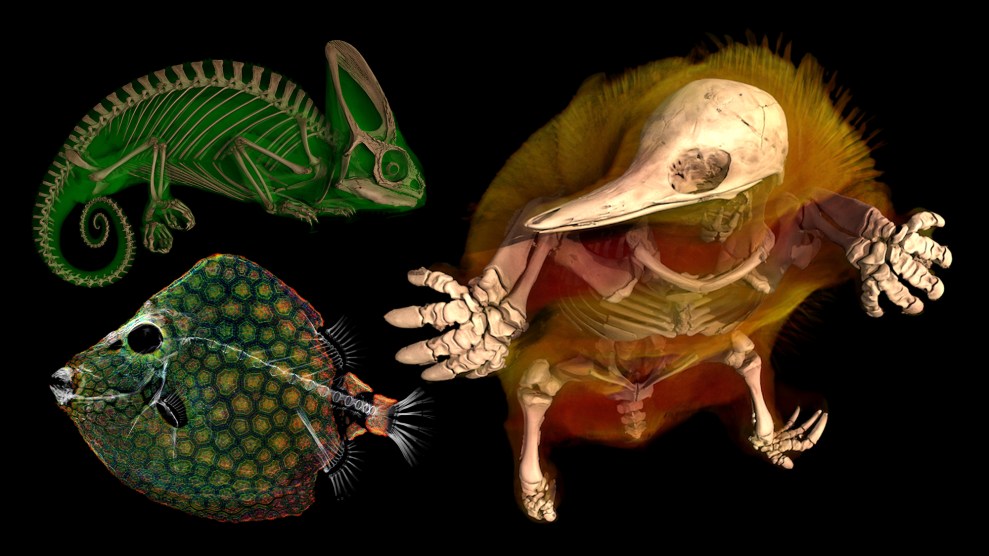In a recent video for Cameo, the popular app that lets everyday nobodies like you and me hire celebrities to star in short, personalized greetings, our recruited star delivered. “Happy birthday, Tina!” Jim O’Heir, the actor beloved for playing Jerry in NBC’s Parks and Recreation, bellowed into the camera.
“I did hear from the gang,” he continued, name-checking the senders of Tina’s birthday wishes. “I heard from—so I don’t screw it up—Inae, I believe I’m saying that correctly—and Jen, Shannon, and Marc.” O’Heir continued, performing a delightfully absurd ode to Li’l Sebastian and echoing our hopes for 2020 to burn.
It was a minor moment in the six-minute video but as someone who has had her name mercilessly botched—”Ho Eenie,” “Eye-NAH,” “In-UH”—since childhood, the memory of substitute teachers still sparking some panic as I flashback to dreaded morning roll calls, O’Heir’s concerted effort to properly pronounce it came as a relief. It was an oddly intimate, albeit small, joy attached to a profoundly silly gift. “He didn’t absolutely butcher your name,” a friend noted in a private Instagram comment, one of several people to similarly notice. “Super impressed.”
So, when Republican Sen. David Perdue started intentionally mucking up Kamala Harris’ name, to say that I was less than “super impressed” is putting it mildly. “KAH-mah-lah? Kah-MAH-lah? Kamala-mala-mala?” the Georgia senator asked supporters at a Trump rally. “I don’t know, whatever.” The crowd roared.
For most people watching from afar, the overt racism animating Perdue’s performance was difficult to ignore. While mispronouncing non-white names is often indeed an innocent, unintentional mistake, one typically amended upon the first clarification, Harris is a historic vice presidential nominee and former presidential candidate. Perdue is her colleague in the Senate, where she reigns as one of the most prominent women in American politics. He, meanwhile, is something of a GOP backbencher from Georgia now locked in a tight reelection fight against a 33-year-old, never-before-elected Democratic challenger, Jon Ossoff. To feign ignorance to Harris’ name with a breezy, “I don’t know, whatever,” after Donald Trump and others in the GOP resurrected untrue, birther conspiracy-style attacks to question her eligibility, is simply unbelievable—though the cheers responding to Perdue’s remarks show that they had landed precisely as intended. (Plus, while not the most important detail here, Perdue wasn’t even being particularly original; his peers, including the president himself, have repeatedly screwed up Harris’ name as red meat for the base.)
Perdue’s office has since denied the charges of racism, claiming, unconvincingly, that “he didn’t mean anything by it.”
But even if you do acknowledge the racism seething in Perdue’s mockery, it’s still easy for some to couch it as a small offense against the cascade of unrelenting bigotry flowing from the current White House. That caveat may be warranted, but don’t be fooled: That doesn’t make Perdue’s salvo of “KAH-mah-lah” any less repugnant. Mere seconds into watching Perdue, I recalled the resentment I once held toward my immigrant parents, who, from the perspective of a first-generation teenager growing up in an overwhelmingly white community in New Jersey, had burdened me with the strange, inconvenient stumble of letters that spelled out “Inae.” When the mispronunciations arrived intentionally—as they did countless times by neighborhood dummies and parents of school friends—the hate was instantly recognizable. “You can call me whatever,” is what I’d reflexively offer, hoping to signal that I was at once easy-going and immune to their contempt. Meanwhile, a slow-burning bitterness was building up. Little did I know that I had been green-lighting attempts of erasure.
That desperate willingness to conform faded during college, and I’ve long since embraced what used to make me recoil. The decision to keep my name upon getting married and to decline being rebranded with my partner’s surname, White, was borne more out of a love for my Korean name and family, less out of my feminist leanings. Plus, “Inae White” is wholly ridiculous. As an adult, I no longer experience the anxiety of introductions. But antics like Perdue’s still strike a deeply familiar chord. That makes it all the more lovely when strangers like O’Heir go the short but meaningful distance to get it right. Come November, perhaps we’ll be hearing less “Perdue” and more “Ossoff” in the world. Give it a few more years, and maybe non-white names will overtake the Davids.—Inae Oh
















